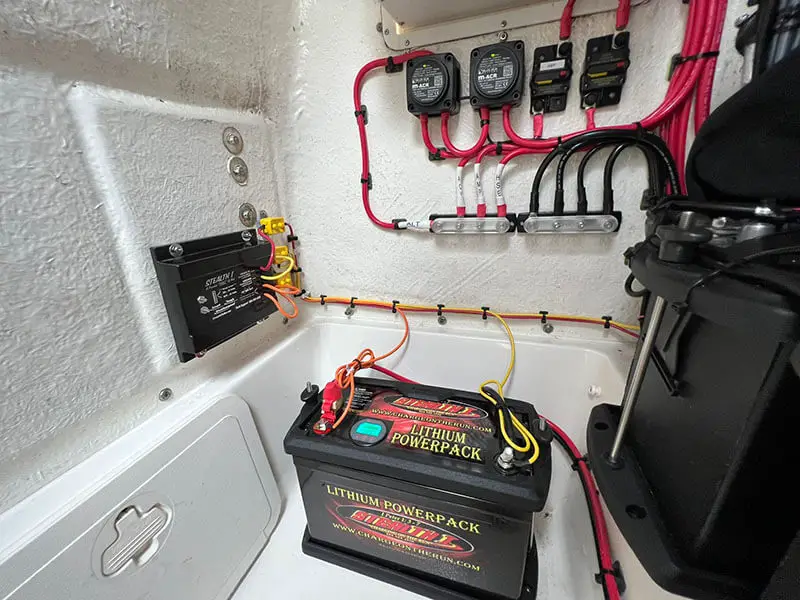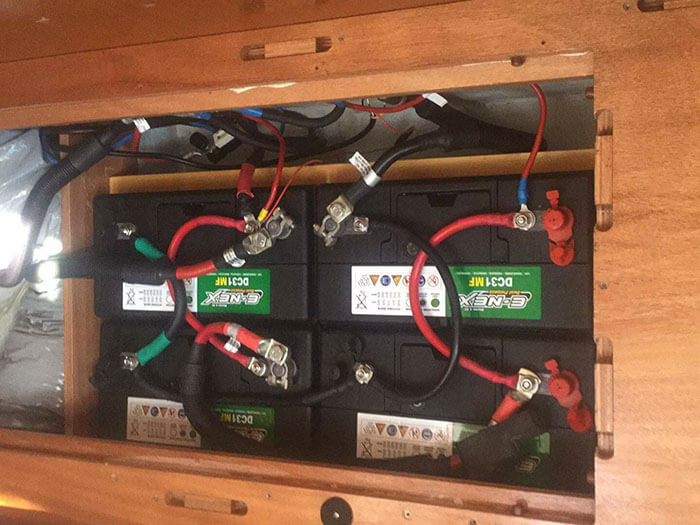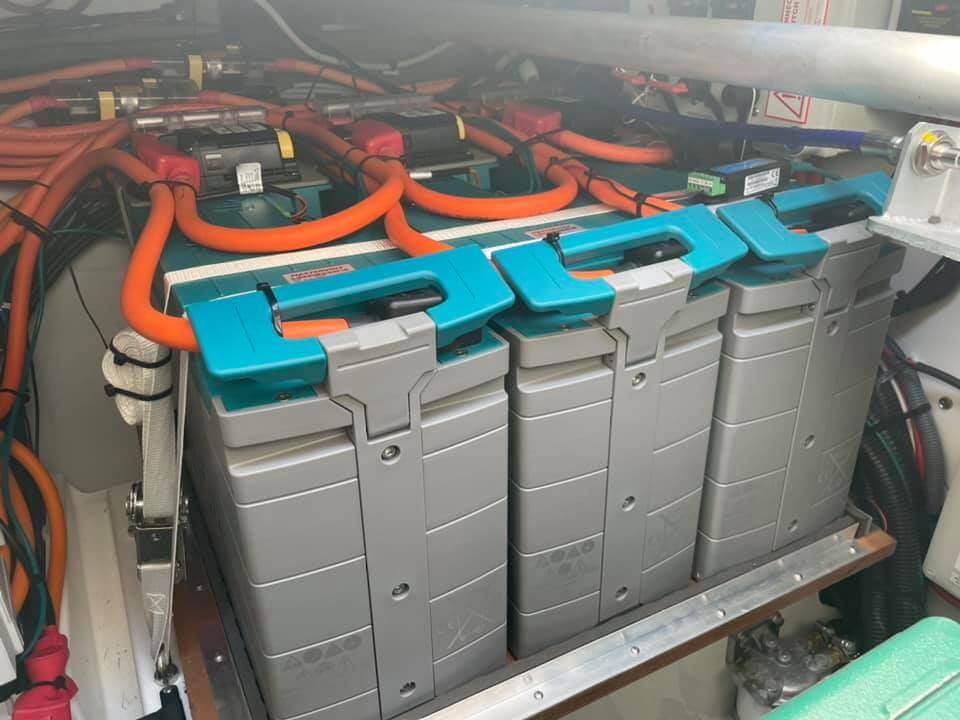RVs, or recreational vehicles, provide a great way to explore the world while enjoying the comforts of home. One crucial aspect of RVs is their house batteries, which power various onboard appliances and systems. A common question among RV owners is whether running the RV engine charges the house batteries. In this article, we’ll explore the relationship between the RV engine and house batteries and understand the charging process.
Understanding RV Engine Charging System

The RV engine charging system plays a vital role in replenishing the house batteries. When the RV engine is running, it activates the alternator, which is responsible for generating electricity. The alternator is directly connected to the engine and helps charge the vehicle’s battery system, including the house batteries.
Factors Affecting RV Engine Charging
Several factors can affect the efficiency of charging the house batteries while the RV engine is running. The condition and age of the batteries are significant factors. Older batteries or those in poor condition may not accept a full charge, leading to suboptimal charging results.
The engine’s running time is another crucial factor. The longer the RV engine runs, the more time the alternator has to generate electricity and charge the batteries effectively. Short trips with minimal engine running time may not provide sufficient charging for the house batteries.
The capacity of the alternator also plays a role in charging the house batteries. Some RVs come with higher-capacity alternators, which can provide a faster and more efficient charging process. It’s essential to consider the alternator’s capacity when evaluating the charging capabilities of an RV engine.
Charging House Batteries with an RV Generator

In addition to the RV engine, many RVs are equipped with an onboard generator. RV generators are specifically designed to produce electricity and can charge the house batteries more efficiently. When the generator is running, it supplies power to both the RV’s electrical system and the house batteries, ensuring their adequate charging.
Additional Charging Methods for House Batteries
Aside from the RV engine and generator, there are other methods to charge the house batteries. Solar panels are a popular option among RV owners, as they harness the sun’s energy to generate electricity. Installing solar panels on the RV’s roof can provide a sustainable and eco-friendly way to charge the house batteries.
Shore power, also known as external power hookup, is another effective charging method. When connected to an external power source, such as a campsite’s electrical hookup, the RV’s onboard charger charges the house batteries directly.
Tips for Efficient Charging of RV House Batteries
To ensure optimal charging of the house batteries, RV owners should follow a few
essential tips. Regular maintenance of the charging system is crucial, including checking the battery connections and keeping them clean. Any loose or corroded connections can impede the charging process.
Monitoring the battery charge levels is also important. RVs often come with battery monitoring systems or voltmeters that indicate the battery’s state of charge. By keeping an eye on these readings, owners can determine when to initiate charging and avoid depleting the batteries excessively.
Proper battery usage and conservation contribute to efficient charging. Avoiding unnecessary power consumption and turning off appliances when not in use can help preserve the battery charge and extend its lifespan.
Common Misconceptions about RV Engine Charging

There are several misconceptions surrounding RV engine charging. One common belief is that running the engine for a short period is enough to charge the house batteries fully. However, as mentioned earlier, longer engine running times are necessary to ensure adequate charging.
Another misconception is the idea of overcharging the batteries. While the alternator regulates the charging process, it’s still crucial to monitor the battery charge levels and avoid excessive charging, which can lead to battery damage.
Relying solely on the RV engine for battery charging is another misconception. While the engine charging system is valuable, utilizing additional methods like the RV generator, solar panels, or shore power can provide more efficient and reliable charging options.
Frequently Asked Questions
Can I charge my RV house batteries while driving?
Yes, running the RV engine charges the house batteries through the alternator.
How long should I run the RV engine to charge the house batteries?
Longer engine running times provide better-charging results. Aim for at least one to two hours for a sufficient charge.
Can I overcharge my RV house batteries by running the engine too long?
The alternator regulates the charging process, preventing overcharging. However, it’s still essential to monitor battery charge levels.
What is the best method to charge RV house batteries besides the engine?
Utilizing an RV generator, installing solar panels, or connecting to shore power are effective charging methods.
How can I prolong the lifespan of my RV house batteries?
Regular maintenance, monitoring charge levels, and practicing efficient battery usage can extend the lifespan of house batteries.
Conclusion
In conclusion, running the RV engine can indeed charge the house batteries, thanks to the alternator’s power generation. However, several factors, including battery condition, engine running time, and alternator capacity, affect the efficiency of the charging process. RV generators, solar panels, and shore power are alternative methods to ensure optimal charging. By following maintenance tips and understanding the common misconceptions, RV owners can maximize the charging capabilities and prolong the lifespan of their house batteries.

Hi I’m Joiel Borid Creators of RV Outsider. Wild Life’s first camping was started when I’m 8 years old, at the Home Front Yard. Moto of RV Outsider shares my experience, expertise, and knowledge that I learned, and apprises about my next journey. So stay tuned with RV Outsider.
